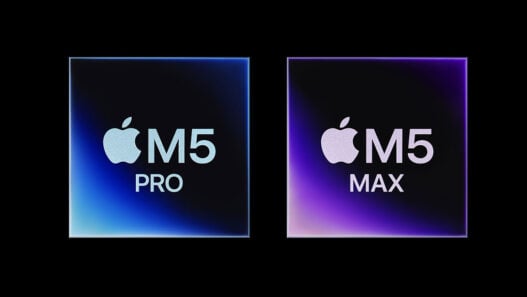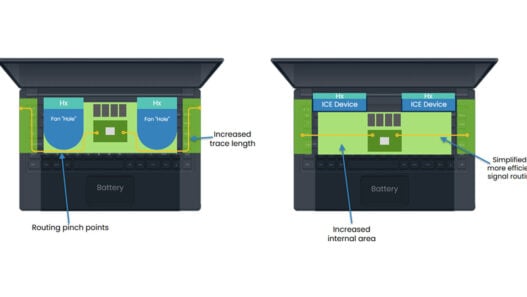New users can get started with mbed tools in 60 seconds, by plugging in an mbed microcontroller, going to the mbed.org website to signup, and downloading and running a Hello World! binary just like saving to a USB Flash Drive. Compiling a first program takes only 60 seconds more: Launch the browser-based compiler, create a new template project, and click ‘compile’ to build and download the binary. A cloud-computing approach delivers the tools online in a browser, so there is nothing to configure or install, and everything works on Windows, Mac or Linux. For developers currently using proprietary 8/16-bit microcontrollers, discrete logic, or even those new to the industry, mbed removes the barriers to the world of modern 32-bit microcontrollers.
Development with mbed tools is focused on rapid prototyping by enabling the creation of proof-of-concept designs that exploit the functionality and cost saving opportunities presented by the inclusion of an advanced microcontroller in the system. The first mbed microcontroller hardware packages an NXP LPC1768 Cortex-M3 processor-based MCU and support components in a practical 40-pin 0.1 pitch DIP form-factor, ideal for experimenting on solderless breadboard, stripboard and through-hole PCBs. The mbed C/C++ Libraries build on top of the ARM Cortex Microcontroller Software Interface Standard (CMSIS) to provide high-level interfaces to microcontroller peripherals, enabling a clean, compact, API-driven approach to coding. The combination gives immediate connectivity to peripherals and modules for prototyping and iteration of microcontroller-based system designs, providing developers with the freedom to be more innovative and more productive.
“With the NXP LPC1700 offering CPU performance of over 140 DMIPs at 120 MHz, combined with a wide range of peripherals like USB, Ethernet and CAN, it’s equally important to offer increased ease-of-use and rapid prototyping capabilities to exceed our customers’ ever-increasing time-to-market requirements,” said Geoff Lees, vice president and general manager at NXP. “ARM has more than achieved that with mbed.”
“ARM is dedicated to providing our silicon Partners with the best tools available to compete in the microcontroller market,” said John Cornish, EVP and general manager, System Design Division, ARM. “mbed’s unique focus on rapid prototyping using online tools provides a low cost platform for effective demonstration and evaluation, generating additional design wins for our Partners and stimulating new opportunities for ARM processor-based microcontrollers.”
“The mbed tools are easy to use yet powerful enough to handle complex designs,” said Harry Li, Ph.D., a professor at the Computer Engineering Department of San Jose State University, who has already run a class based on a prototype version of mbed. “The API-driven approach eliminates much of the low-level work normally associated with MCU code development.”
“mbed’s web-based tools feel quite liberating, relieving you of IT responsibilities, the complexity of big-ticket IDEs or having to choose between PC, Mac or Linux,” said Tom Cantrell, West Coast Editor, Circuit Cellar. “The approach won’t replace the old way of doing things, but it doesn’t need to. The mbed tools make microcontrollers more accessible, and that will enable more folks to write their own code.”







